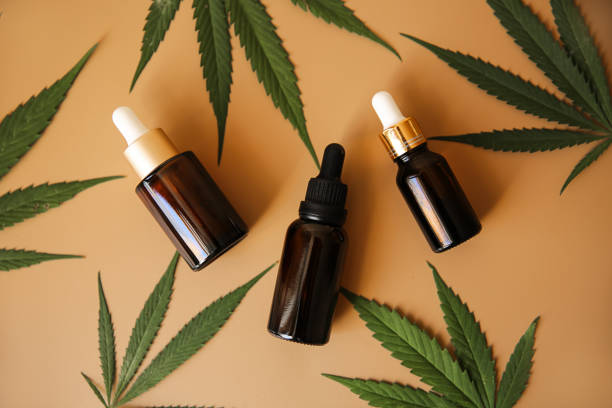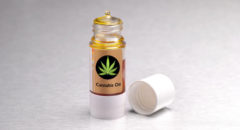
Blacks and Asian Americans seem to be less likely than whites to suffer from migraines. The International Classification of Headache Disorders (ICHD) shows that 20.4% of white women, 16.2% of Black women, and 9.2% of Asian American women suffer from migraines. There is a growing body of medical research on the effectiveness of CBD oil when it comes to pain relief, but can CBD oil alleviate headache or migraine symptoms?
What is the difference between a headache and a migraine?
What Is a Headache?
Headaches can cause uncomfortable mild to severe pain, pressure, and aching in your head. Surprisingly, a headache can last up to a week. The most common type of headache, according to the Mayo Clinic, is a tension headache. Anxiety, muscle strain, and stress can cause tension headaches.
What Is a Migraine?
Migraines are intense or severe and often have other symptoms besides head pain (such as nausea and vomiting, seeing spots or light flashes, and sensitivity to light or sound). A migraine often impacts one side of the head but can involve both sides.
The intensity of the headache pain is one way to differentiate a migraine from tension headaches. Migraines cause intense, throbbing pain that makes it difficult to carry out everyday tasks.
According to medical experts, the cause of migraine headaches is intense stimulation to some of the sensitive nerves in the brain. The underlying cause of this stimulation is inflammatory agents released when a migraine occurs.
RELATED: Hemp, CBD, Marijuana: What’s the Difference?
How CBD oil works
Because CBD oil has powerful anti-inflammatory (reducing swelling) and analgesic (pain-relieving) properties (from cannabinoids), it may be effective in the treatment of migraine headaches. The analgesic properties of CBD oil may be effective for tension headache relief. CBD oil also has strong anti-nausea effects, which can help alleviate other symptoms of migraine headaches (such as nausea and vomiting). But it’s important to note that research studies report that we need more evidence to prove that CBD oil completely alleviates headaches or migraine headaches.
RELATED: 4 Ways To Use CBD & Medical Marijuana
Healing Properties of CBD Oil
The healing properties found in CBD oil include:
- Powerful analgesic properties (relieves pain)
- Antiemetic properties (relieves nausea and vomiting)
- Potent anti-inflammatory effects (reduces swelling from inflammation)
Scientific Evidence
Using medical marijuana decreased migraine frequency from nearly 10 per month to only about four per month in a 2016 study. A 2018 study described experimental evidence that cannabinoids are beneficial in treating








